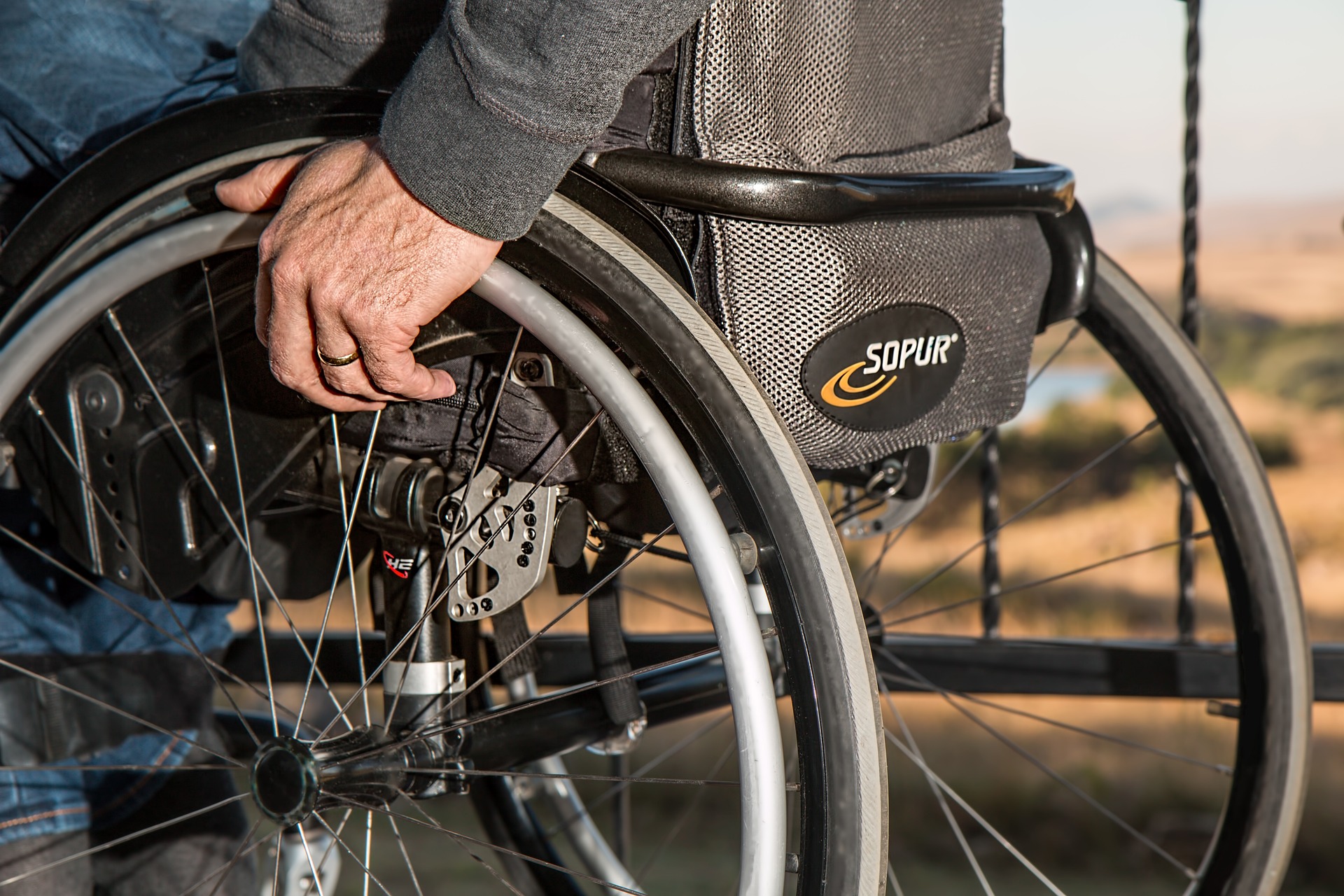If you have been injured in an accident that was not your fault, you may be wondering what to do next. Filing a claim can seem daunting, but if you follow these six steps, you will be on your way to getting the compensation you deserve!
Keep Track Of Your Medical Records
You need to have proper documentation of your medical records if you want people to believe you were hurt and deserve compensation. The attorneys working at www.thecallahanlawfirm.com emphasize how important this step is when you want to go to court. Keep all x-rays, physician notes, and any other documents that your doctor may have given you.
If you’re keeping track of your medical records on your own, make sure to keep an up-to-date record of all the medical procedures and appointments you make. If a claim is filed against someone else, the court will need these records as proof of injury. Keep copies of everything. You don’t want to risk missing something important in case the original document gets lost or destroyed.
You should also be aware that if a personal injury lawsuit goes to trial, it is likely that these records will be subpoenaed so they can be used as evidence in court. Make sure they accurately reflect what has happened to you and always strive to keep them as thorough and accurate as possible.
Prove Negligence
Determining fault is an integral part of any personal injury claim. Negligence is an important concept in proving fault, and proving negligence is a key factor when determining liability for injuries or damages sustained in an accident. In order to win a personal injury claim, you must prove that the other party acted negligently and thus caused your injuries or damages.
Negligence occurs when a person fails to exercise reasonable care under the circumstances and causes harm as a result. Reasonable care refers to how a reasonable person would have acted in similar circumstances. It’s important to note that negligence may be proved even if the other party did not intend to cause any harm, it’s only necessary that their actions fall below what a reasonable person would do in similar circumstances.
Preserve Evidence
There’s going to be a lot of evidence you’ll have to present. These are the following:
- Medical records
- Police report
- Photos and Videos
- Written Statements
- Expert Witnesses
Preserving evidence for a personal injury claim is vital. It can make or break your case, so make sure to take all necessary steps to ensure that you have sufficient evidence to prove your side of the story.
Keep them in a safe place such as a folder or file cabinet. Make multiple copies if possible, in case some evidence is lost or destroyed. Additionally, keep copies of all communications between you and the other party involved, including emails and text messages.
Hire A Lawyer
An attorney will help you increase your odds of receiving a favorable outcome in your personal injury case. An experienced lawyer will be able to evaluate the facts, interpret legal documents, and negotiate on your behalf with insurance companies or other parties involved in the dispute.
Additionally, hiring a lawyer can provide you with an advocate who is familiar with local laws and regulations related to personal injury cases. A dedicated attorney may also be more successful at negotiating settlements that are higher than those offered by insurers directly.
Prepare The Paperwork
Be extra careful when preparing the paperwork for your personal injury claim. It can be overwhelming to understand what documents you need to fill out and when, so it’s important to do your research ahead of time.
You may lose the case if you don’t file all the necessary paperwork, so make sure you’re prepared. First, understand why preparing the paperwork is so important.
The documents that you submit as part of your personal injury claim form the basis of your case. This means that if they are incomplete or inaccurate, it could significantly lower your chances of winning your claim. So take extra care when preparing and filing these documents.
Negotiate
Be prepared for long negotiating sessions that will determine the settlement of the injury claim. The process can be complex and lengthy but is essential in obtaining a fair settlement.
Prepare what you’re going to counter-offer, and make sure not to look anxious or desperate. You want to appear confident, professional, and knowledgeable about the process.
It’s important to be realistic in your negotiating sessions. If you come into a negotiation expecting too much, you may be disappointed or angered by the outcome. However, if you can demonstrate facts about why you should receive more compensation than originally offered, then this could work in your favor and increase the settlement amount.

A personal injury claim is as strong as you make it, so keep track of all medical records and prove negligence. Make sure to preserve all the evidence you gather and hire a good lawyer to represent you. Prepare all the paperwork carefully and make sure to negotiate to get the best possible outcome!
